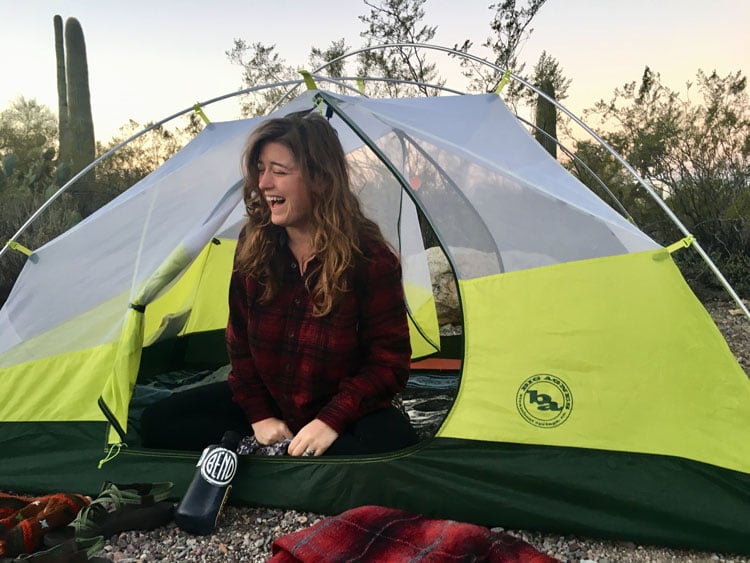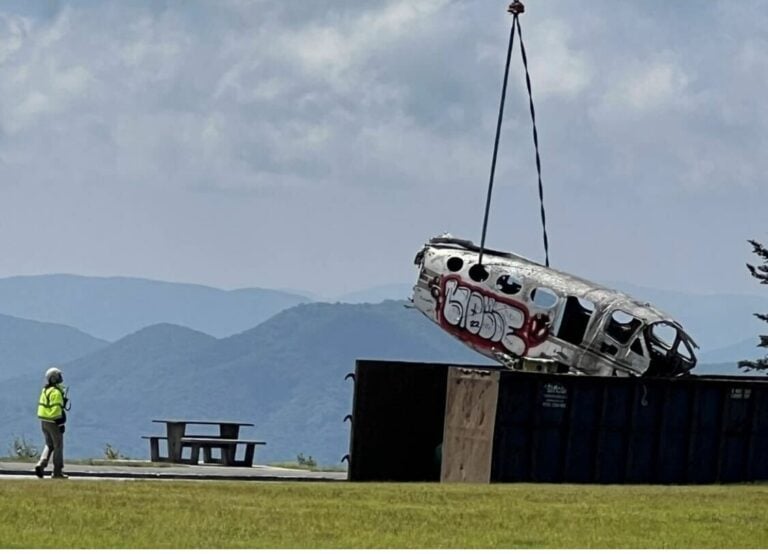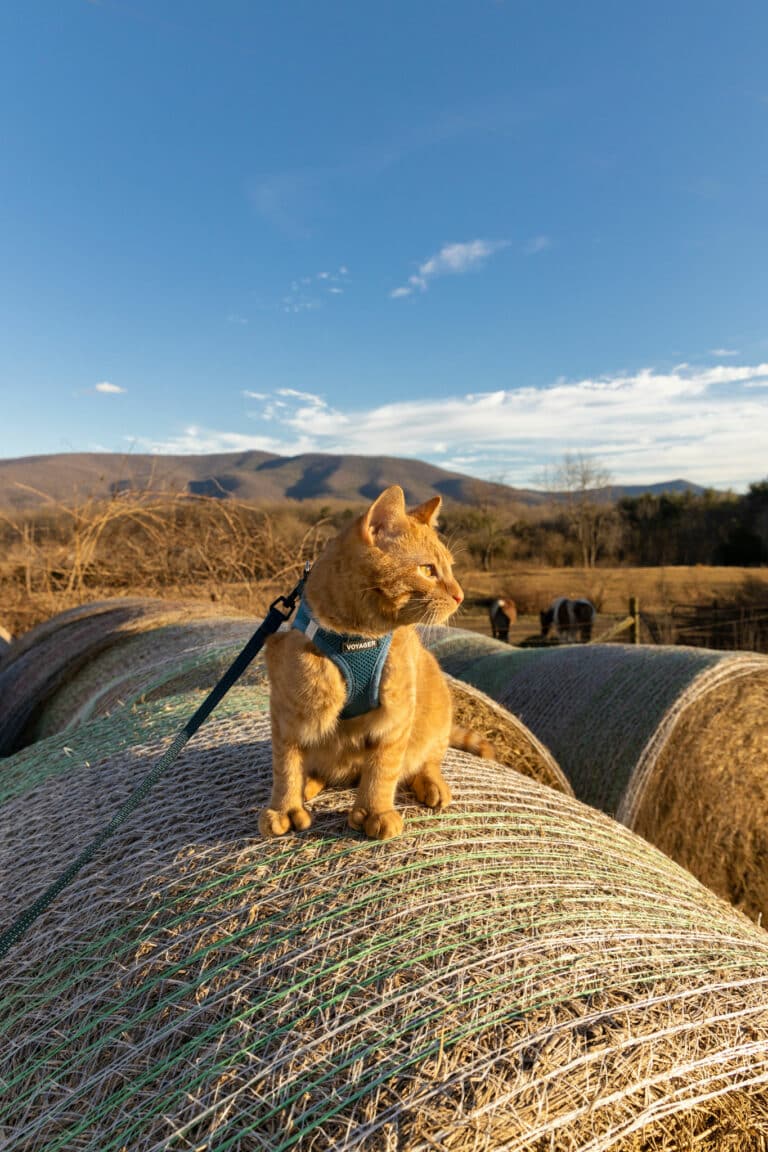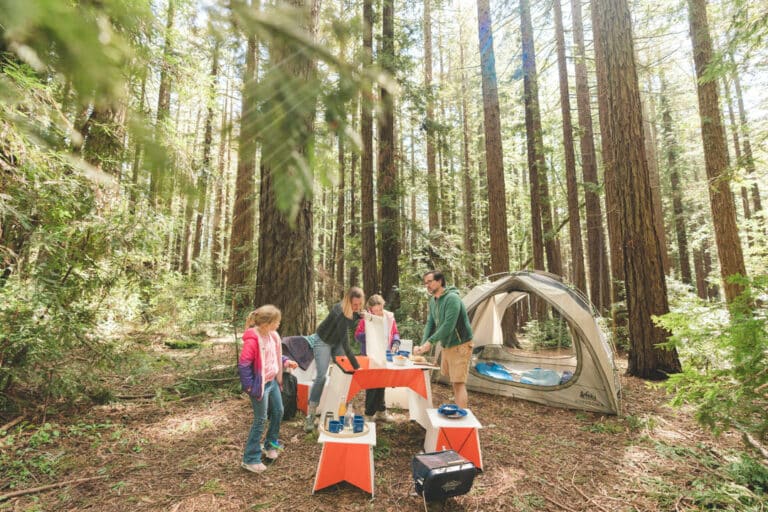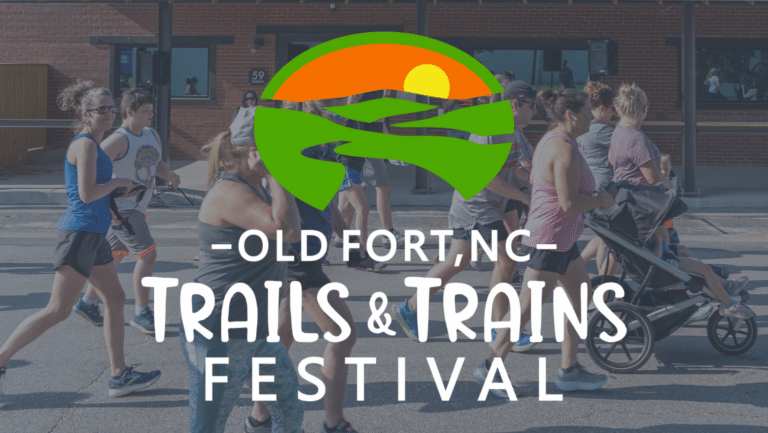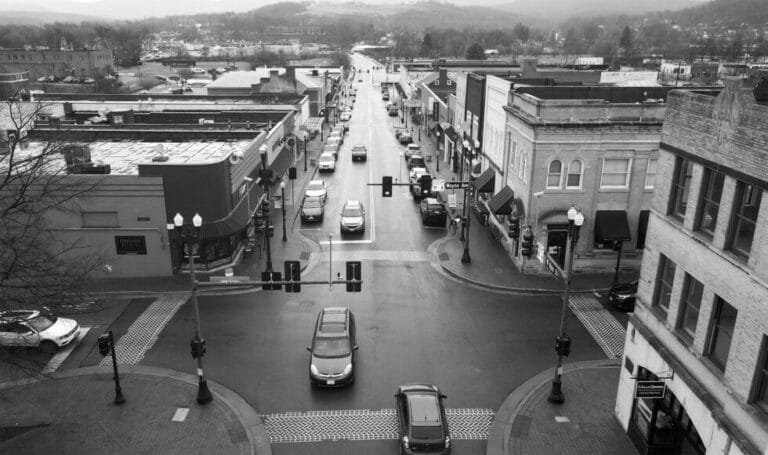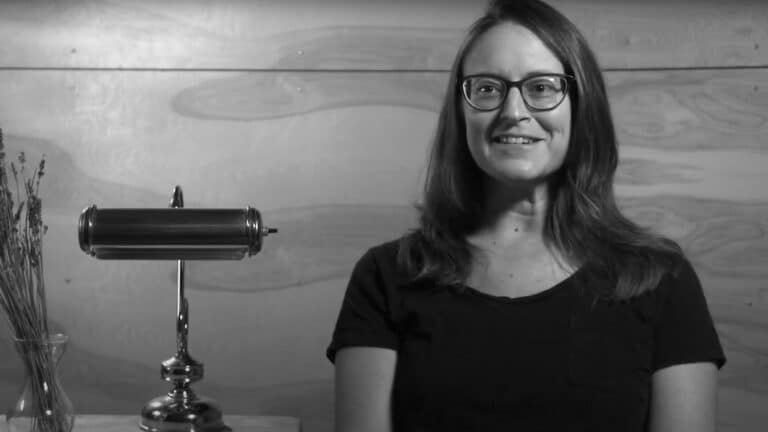My instinct told me to run. It also told me not to run while the man could still see me. Feigning calm, I walked slowly away from him and out of his sight. The moment I felt sure he could no longer see or hear me, I ran.
It was spring, and I was hiking a section of the Appalachian Trail. I’d been on the move since sunrise, and I’d felt a profound sense of relief when the shelter had finally come into view late that afternoon. The next shelter was five miles up the trail, and as there were only a few more hours until nightfall, I figured this was the one I should call home. I walked in, weary smile, and nodded at the three people inside. But something was off.
A man was talking loudly at two college-age boys whose postures curved into something eerily resembling submission. When I entered, he shifted his attention in my direction, only briefly, and then turned back to face the boys. Avoiding eye contact with me, he began berating women as a collective, asserting that we were f*cking weak and didn’t belong on the trail, and furthermore that we would all f*cking quit when we found out how difficult hiking really was.
I stiffened, feeling delirious. I glanced at the boys, thinking they might come to my defense, but they remained silent, their spines frozen into question marks leaving it unclear what they stood for. At the time, I thought them cowards. In hindsight, I have a bit more empathy. Nevertheless, I felt angry. I didn’t want to camp near that kind of energy, so I told them I’d be hiking on and wished them a good night. I’d just camp somewhere farther up the trail alone, I thought. I’d done it plenty of other nights.
The man had other ideas. He swiveled his head to look at me.
“Oh,” he said, “I’m coming with you.”
On a primal level that superseded conditioning, I knew I needed to get away.
“I’m meeting someone up the trail,” I told him. “Have a good night.” It was a lie, but I hoped it was enough to make him decide against following me.
He replied that he would come as soon as he was finished eating.
“No – I’m going to be late and they’ll be looking for me. Enjoy your food.” I turned to leave. “I’ll catch up to you,” he said.
I didn’t say anything. I walked purposefully out of his sight wanting to seem calm and then I ran.
I was not fit. It hurt, but adrenaline helped. When I would get tired of running, I would walk a few strides, catch my breath, then pick up a jog again. Anything to keep moving. I wanted so badly to stop and pitch camp in the woods, but if he found me, I would be alone and vulnerable.
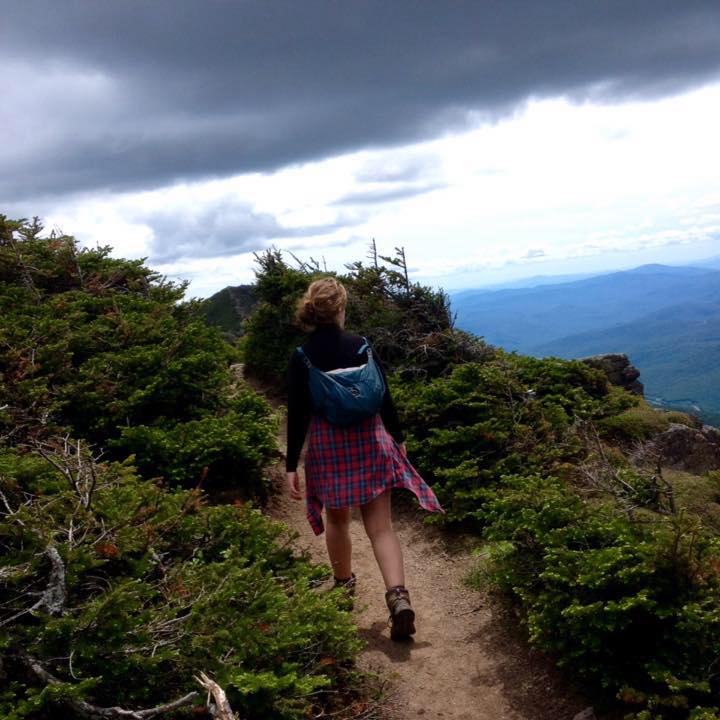
Driven by fear, I made it to the shelter just before nightfall. There were more than a dozen tents pitched around it ,and I exhaled my relief at the feeling of safety.
I later found out that a man by the same description had been threatening to kill hikers while they slept.
The night with that man had been the most frightening experience on the trail, but it was by no means the only time a man acted poorly during my hike. The week prior, a different man had exposed himself to me. I’d thought perhaps he had just been relieving himself, but then the incident happened again, with the same man, when he had tracked me and waited for me alone on a mountaintop. I told him if it ever happened again he would regret it, picked up my pace and left him far behind.
A few days after those incidents, I made it through the Smoky Mountains in the pouring rain and lightning, and onto the welcoming dry porch of a hostel. I was exhausted and soaked down to my socks. The manager of the hostel sat in a rocking chair under the awning, and I asked him if there were any beds left.
He leered at me. “You can share mine,” he said.
I was not alone, that time. There were three boys who I had been hiking with standing next to me. Two of them laughed when he said this. The other looked a bit uncomfortable, but he said nothing. I was tired and didn’t have the energy to explain why that kind of comment felt harmful to me, so I just shook my head and said that I’d like a different, empty bed.
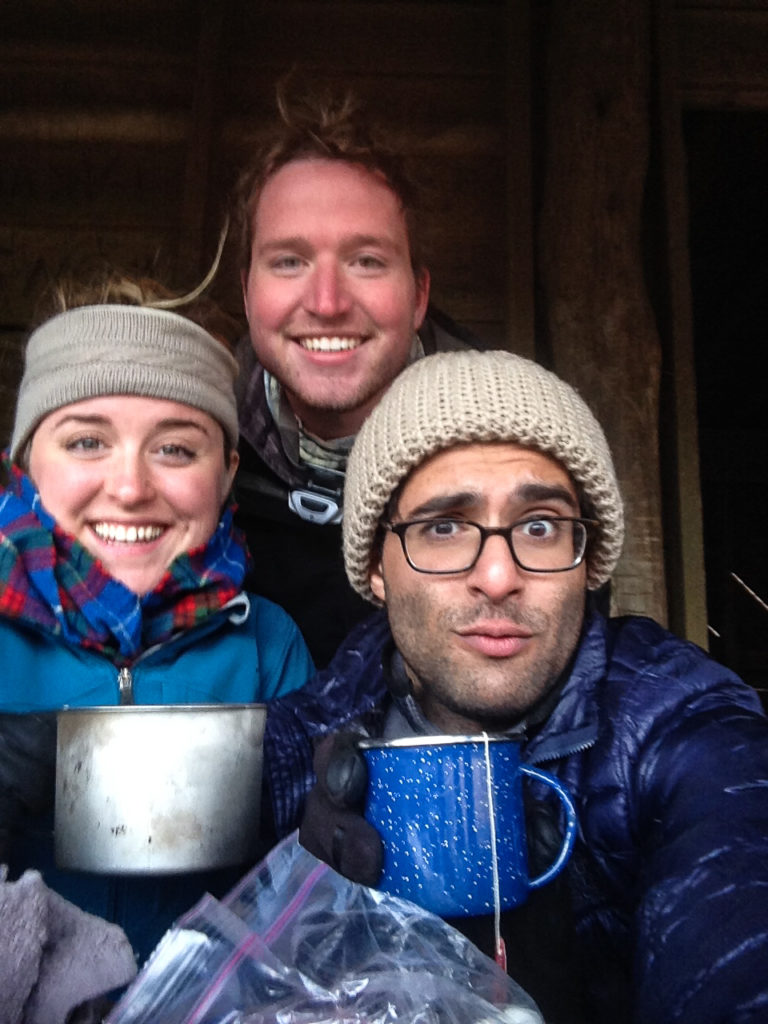
Later, the boy who had said nothing came to sit next to me. He looked ashamed and asked if what the man had said made me uncomfortable. I replied that it had but it hadn’t seemed worth acting upon. He listened quietly and appeared to sympathize. There was one other man in the room at the time. Upon hearing this conversation, he looked up at me and told me in no uncertain terms that he thought I was being “too sensitive” and “needed to just get over it.”
The stories of women on the trail have common elements: obstacles and endurance. There are more stories that need to be heard and it is empathy, not pity, that will move us forward.
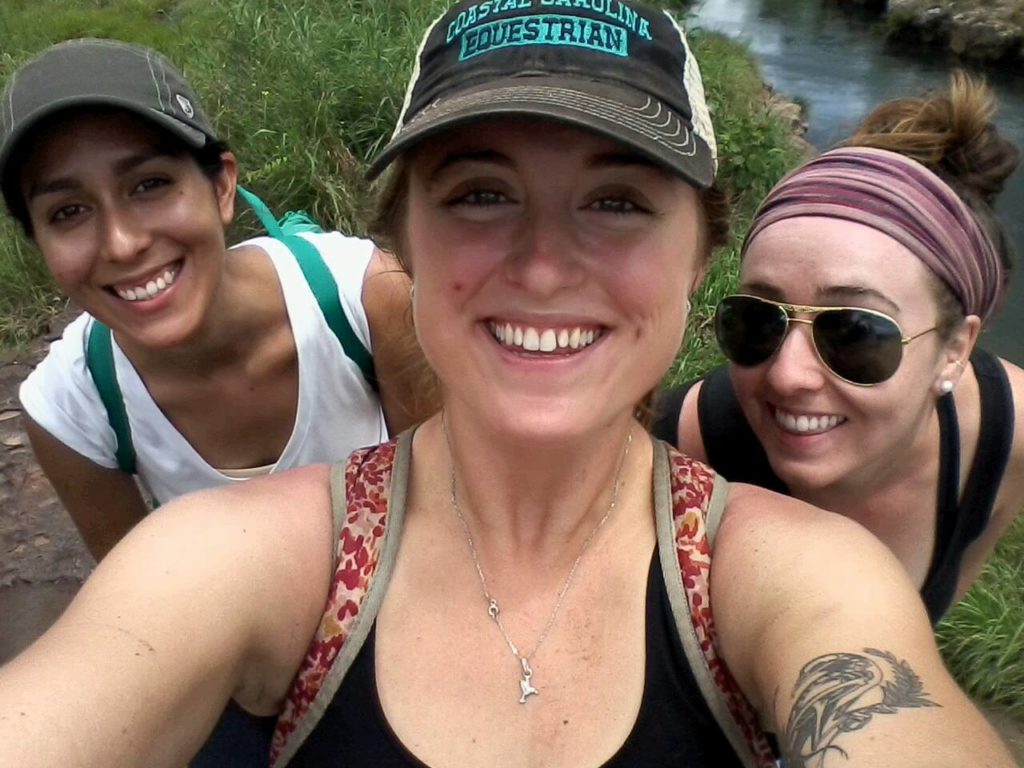
A phrase I hear often from men regarding rejection is “she could have been kinder about it.” Could she? If, when I tell a stranger politely I am not interested, he grabs me and tries to pull me into his seat to convince me otherwise, isn’t it understandable that I would be a little more blunt in my next rejection to avoid any confusion? If casual encounters regularly devolve into harassment, isn’t it understandable that a person might be more hesitant to enter a conversation that held all the same cues as previous conversations that had ended in violence, verbal or otherwise? The reasons why anyone who is not straight, white, or male tend to default to self-preservation is often misunderstood by those who do not encounter or perceive threats in the same way.
The man who told me I was being overly sensitive is but a small drop in an ocean of doubt aimed at those who are forced to walk through the world differently than those who look like the people who wrote the laws and formed the structure of society at large.
A hiker was murdered and another maimed on the Appalachian Trail the same weekend I wrote this essay. The behavioral descriptions I could find for the suspect mirrored the man I had met in the shelter perfectly.
The victim of the murder was a male. Ronald Sanchez, Jr. His companion who was maimed was female, and it is likely that she only survived because her instincts told her to play dead. As soon as her attacker was gone, she dragged herself two miles to find help, and upon finding folks willing to help her had to walk another six miles to safety.
I mourn for them. I mourn for the terror that the murderer leaves in his wake. I mourn for the murderer, too.
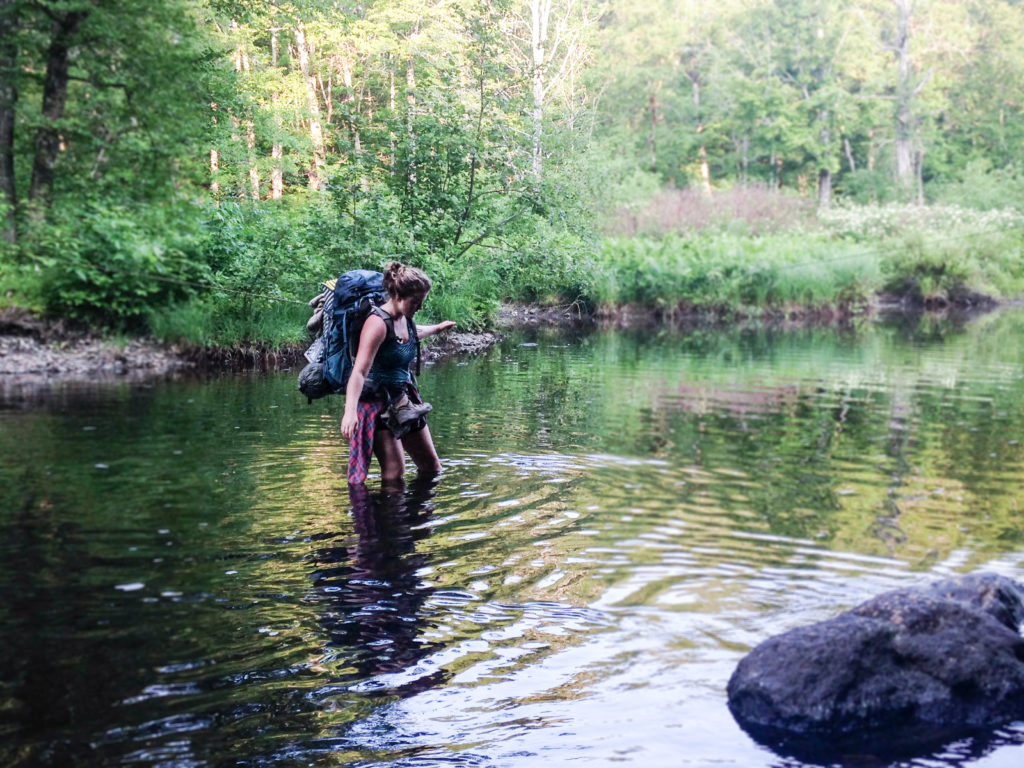
The trail is a peaceful place for the most part. But I have read many versions of the sentiment that this is not the trail community. And in part that is true, that such an extreme event is rare. But the trail community – just like every community – has never been as safe for women, people of color, LGBTQ and other marginalized people, as it has for straight white men.
There are good men to balance out the bad, yes. But I need to see more from them.
I reflect upon the men I’ve observed remaining silent, or perhaps laughing, when something unkind was said to or about a woman in their presence. I think of the times I’ve been silent at my own expense because I knew biting back would have cast me as a nag/mood killer/bitch.
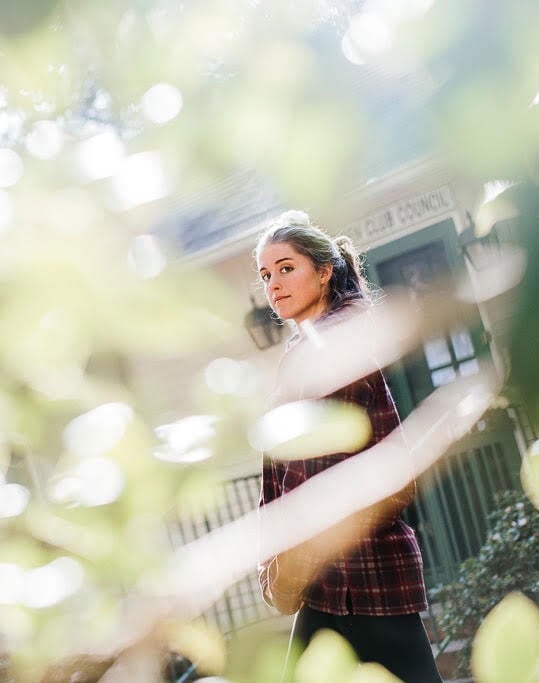
Women cannot create compassion between the sexes without the help of men – it takes people from all groups looking out for each other to catalyze any progress. Men need to be holding each other accountable for their behavior even and especially when no women are present.
The months I spent hiking were an incredible experience and a privilege. I wouldn’t trade them. But they could have been different. I believe I have made the most of what I learned, but I didn’t need to learn that I am less safe because of my womanhood: that lesson has been clear to me since I hit puberty. What I needed was the reminder that came from the men who showed me empathy, and then I need those same men to learn to be allies in front of other men, not just in private with women.
Edited by Shalin Desai
